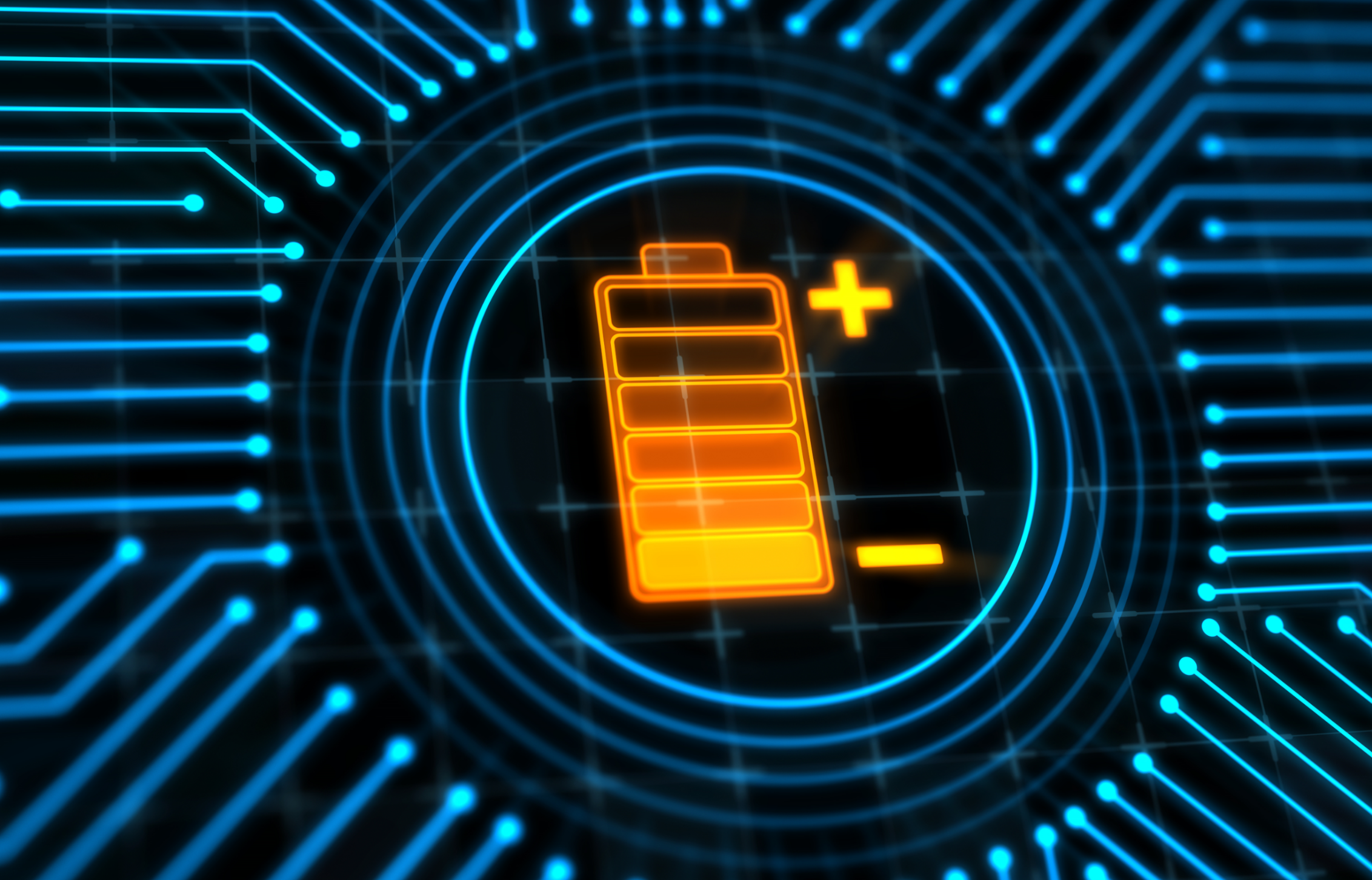Lithium-ion VS Lithium Polymer Batteries
Lithium-ion batteries have assumed control over the versatile gadgets industry over the most recent couple of years. For each unit of vitality they contain, they are lighter, less expensive, and littler than different sorts of batteries.
They don't experience the ill effects of the 'memory' impact that gave nickel batteries an awful name they contain a moderately couple of lethal metals and are genuinely easy to recycle. If you want to buy a lithium polymer battery, you can visit https://nuenergy.net/polymer-batteries.

But, in the most recent year, a few battery producers drove the points of confinement of vitality thickness in Li-ion batteries too far. Li-ion batteries utilize natural solvents to suspend the lithium particles. In circumstances where the structure of the battery is traded off, that dissolvable can touch off and vent from the pressurized battery.
Because of the perils of pressing more power into a Li-ion battery pack, compact hardware creators are swinging to lithium polymer batteries (polymer cell suppliers). The main advantage of Li-poly batteries that has been talked about in the press as of late is their hesitance to detonate under pressure.
They will detonate if over-charged, similar to some other battery, yet they can be slammed around, punctured, dropped, or keep running over with an auto and still not explode.
This attractive capacity springs from the 'polymer' in Li-poly. Rather than putting away the lithium-ion in natural solvents, the ions are held in a non-combustible polymer network.
Li-poly batteries don't require metal packaging to crush the battery's cathodes together so they can be up to 20% lighter than Li-particle batteries. Additionally, the frame factor of Li-poly batteries is significantly more adaptable than the essentially square-shaped or round and hollow Li-ion cells, and they can be as thin as a Visa.